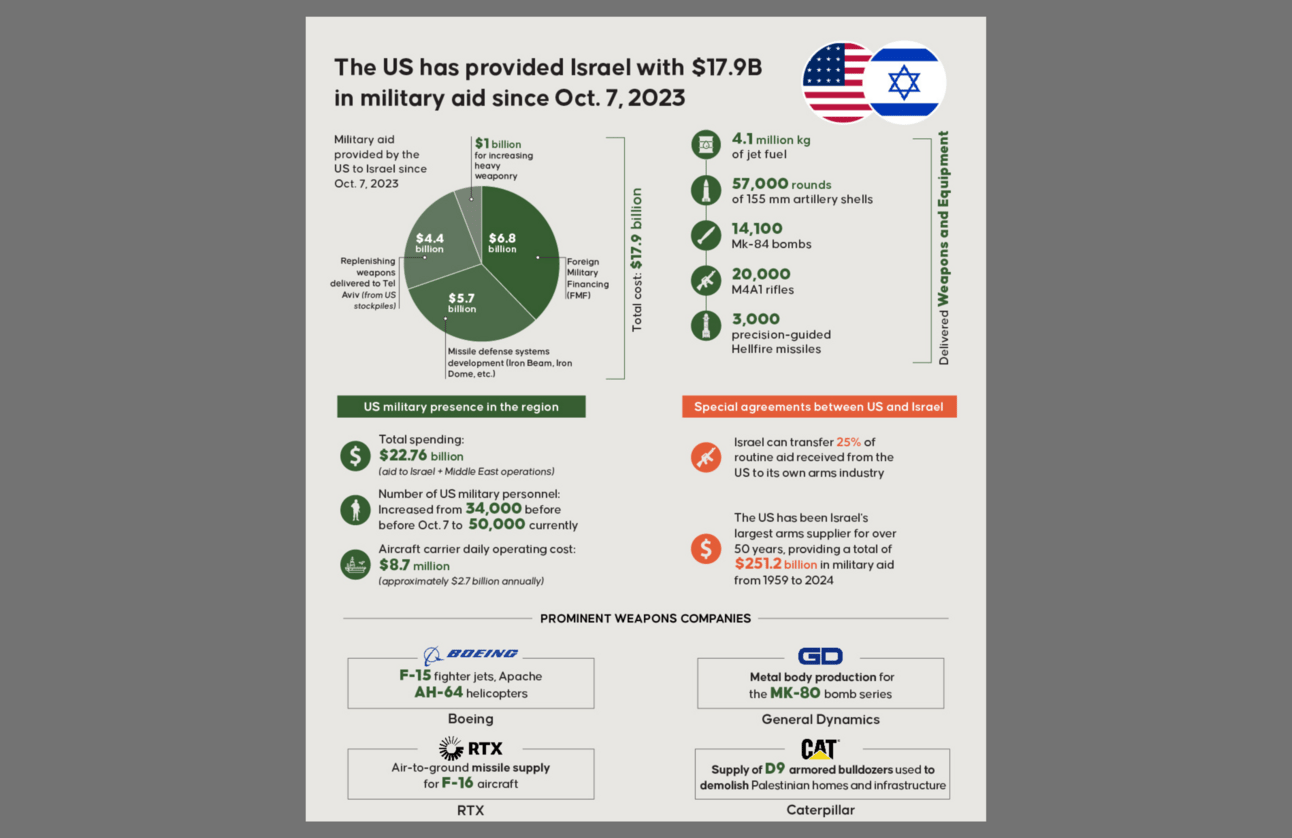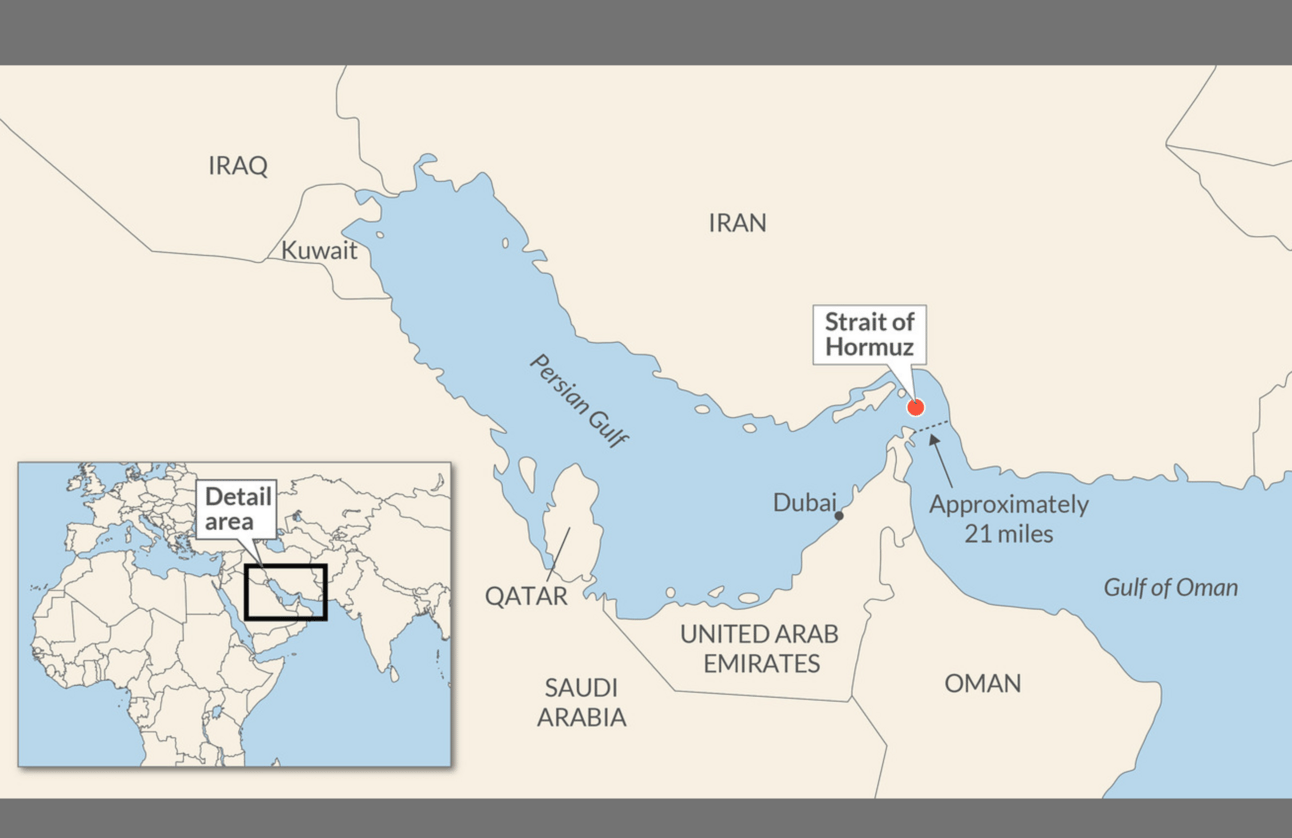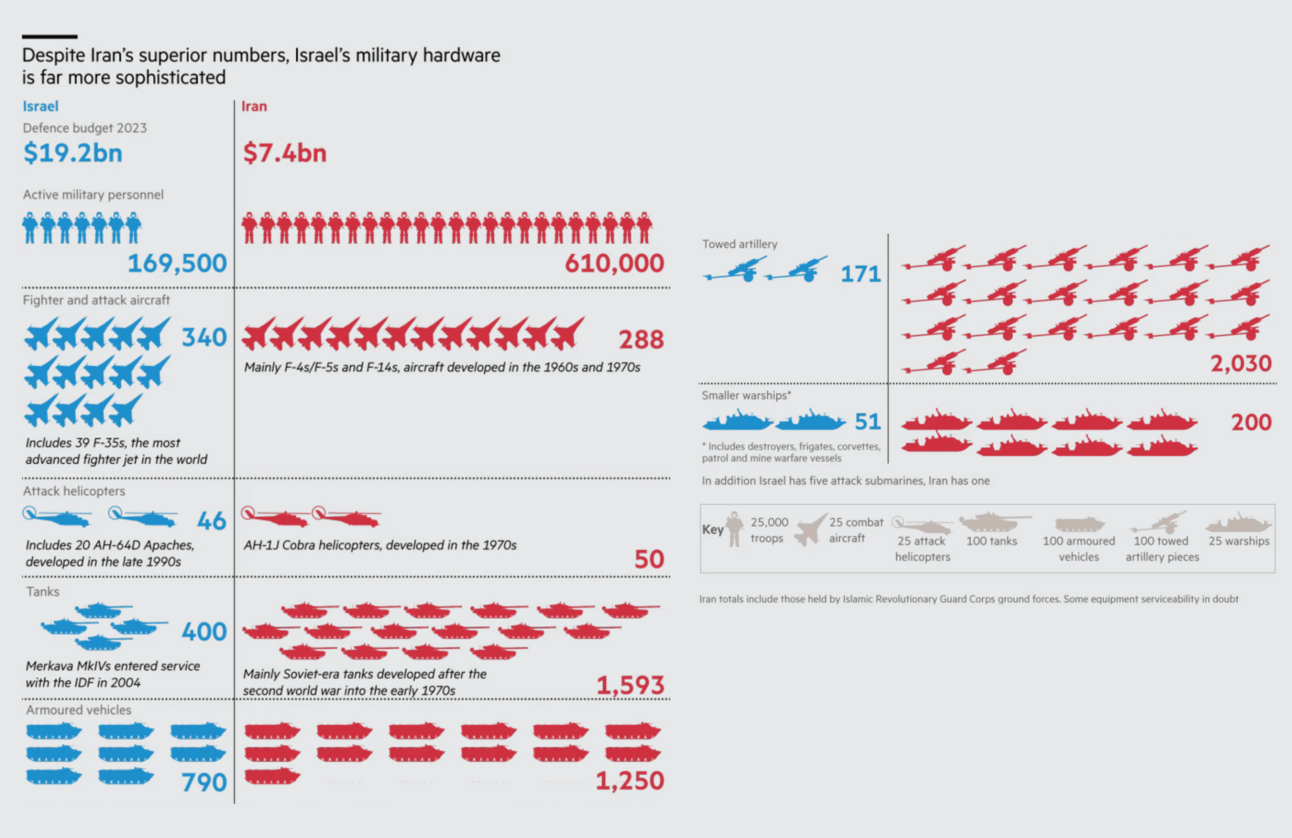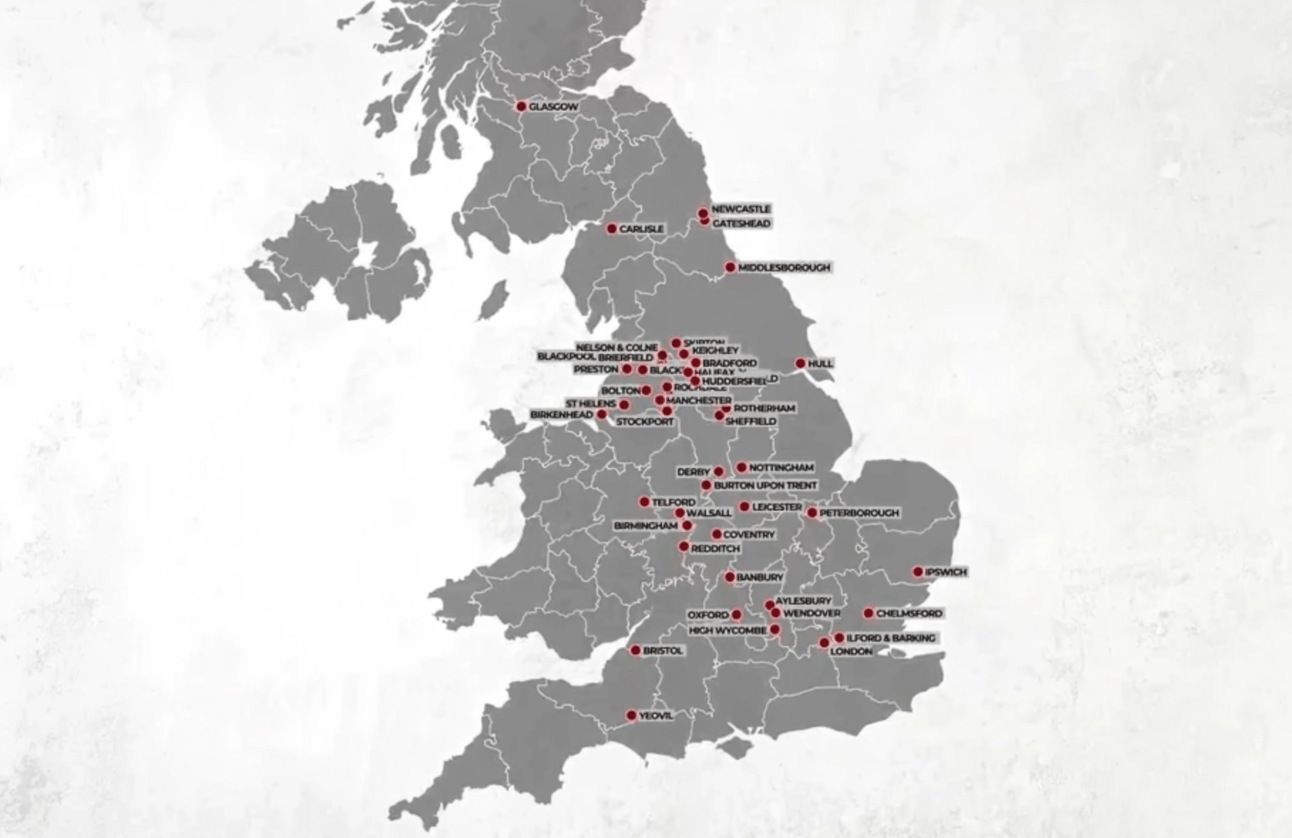- The Money Trails
- Posts
- Israel vs Iran: Who Is Funding The World's Most Dangerous War?
Israel vs Iran: Who Is Funding The World's Most Dangerous War?
A war triggered by fear, and powered by money

 |  |  |
What’s in This Week’s Issue…
Good morning. There’s a war erupting in the Middle East again.
But unlike the past, this one isn’t just about land, religion, or ideology. It’s about money, leverage, and survival, and both Israel and Iran know it.
While bombs are flying, billions are moving silently behind the scenes.
And it might be the only war where oil, global shipping lanes, the arms trade, and geopolitics are crashing into each other, all at once.
So this week…
🏆 The Big Play: The Economics of the world’s most dangerous war
💪 The Power Move: How to read the new rules of global warfare
💵 Follow the Money: How organized Grooming Gangs thrive in the United Kingdom
-GEN
🏆 The Big Play
The biggest money power story of the week.
How the Israel–Iran War Became an Expensive Game of Global Power

Israeli strikes in Iran
For decades, Israel and Iran fought like shadows.
They never went head-to-head. They let others bleed instead: Hezbollah in Lebanon, Hamas in Gaza, militias in Iraq and Syria. But that just ended.
After months of tit-for-tat assassinations and long-range strikes, Israel launched “Operation Rising Lion”, a full-scale air campaign targeting over 100 Iranian sites, including nuclear facilities.
And Iran responded with “Operation True Promise III”, a ballistic missile barrage targeting civilian areas.
But this war isn’t just about national security. It’s about financial survival, and here’s how it is unfolding:
1. Israel’s Forever War is an Economic Engine
Israel has one of the most advanced militaries in the world. But it's expensive.
So, how does it afford war after war?
It comes down to three pillars: U.S. aid, arms exports, and sovereign bonds.
The U.S. alone sends $3.8 billion in annual military aid. That’s more than any other country.
In return, most of it must be spent on U.S. defense contractors.
Meanwhile, Israeli arms companies like Rafael and Elbit turn war-tested weapons into global exports.
And when Israel needs more, it issues war bonds and raises cash from global Jewish communities, Wall Street funds, and patriotic retail investors.
So, war isn’t just sustained, it’s monetized effectively:
Each conflict becomes a showcase for Israeli defense tech, and each crisis becomes a moment to reinforce its geopolitical alignment.
And behind it all, the U.S. military-industrial complex profits from both funding Israel and supplying it.
But if Israel plays this game in the open, Iran plays it in the shadows.

2. Iran’s Sanction-Proof Shadow Economy
Iran’s GDP per capita is one-tenth of Israel’s. Its currency has collapsed. And for over 45 years, it's been under U.S.-led international sanctions.
And yet somehow, it still manages to launch missiles, finance proxies, enrich uranium, and export oil like a ghost in the system.
How?
By building a parallel financial universe:
Iran sells oil through front companies in Asia, often using ship-to-ship transfers to avoid detection (90% of it goes to China).
It moves billions through informal networks like hawala systems, crypto channels, and barter deals.
Domestically, it props up its economy with subsidy-heavy budgets, state-controlled banks, and central bank currency tricks.
But there’s a cost to it:
The Iranian Rial has lost more than 90% of its value in the past decade.
Inflation is reaching as high as 44%.
Youth unemployment is through the roof.
And yet, despite internal pressures, Iran keeps arming Hezbollah, funding Hamas, and building missile capabilities that directly threaten Israeli airspace.
Why? Because in Iran’s view, regional resistance is existential. It doesn’t just project strength, it buys negotiation leverage.
All through the world’s most important pressure point.

3. Why the World Panics When the Middle East Burns
Every time a missile flies in the Middle East, the first thing that jumps is oil prices, even if the war doesn’t touch a single oil field.
Why?
Because of a 21-mile-wide chokepoint: The Strait of Hormuz:
Every day, 20% of global oil and 25% of natural gas pass through this narrow sea lane between Iran and Oman.
Iran has threatened to block or mine it if attacked.
And global markets know that even the threat of conflict here sends shockwaves.
That’s why the Israel-Iran escalation isn’t just about Israel or Iran, it’s about the entire global energy system:
China, India, and Japan import oil that could be disrupted.
The U.S. fears price spikes would increase the risk of global energy market disruption.
Saudi Arabia, the UAE, and Qatar want to avoid regional instability while hosting global summits and investments.
So everyone is playing a dangerous balancing act: Supporting allies, but avoiding escalation. Punishing bad behavior, but preserving stability. Condemning war, while quietly building up oil reserves and defense stocks.
That’s why the world’s most advanced militaries are stuck responding to a medieval-style proxy conflict with financial containment and surgical deterrence.
It’s not peace. It’s pressure management.
💪 The Power Moves
Playbook for understanding the game of power.
How to Read the New Rules of Global Warfare

Israel vs Iran: Defence budget and military size
So, wars today aren’t just fought with weapons. They’re fought with budgets, sanctions, oil tankers, and bond yields.
And if you want to understand where the next flashpoint is, ask yourself:
→ Who’s getting sanctioned, but still spending?
→ Who’s launching missiles, but building pipelines?
→ Who’s fighting, and who’s quietly funding the fighters?
Because the true story of modern war isn’t in the headlines.
It’s in the flows of money, the terms of trade, and the collapsing boundaries between economics and strategy.
The Takeaway:
This isn’t about whose side you’re on. It’s about understanding that modern war is no longer a moral or military contest alone.
It’s an economic operating system, designed to shift power quietly and permanently.
And if you don’t see it coming, you won’t just be misinformed. You’ll be disempowered.
💵 Following the Money
Three of the wildest financial and corruption stories from around the world.

UK cities affected by grooming gangs
✨ Poll time!
What do you think Israel-Iran war is really about: National Security OR Regional Dominance and Control over Energy Routes? |


